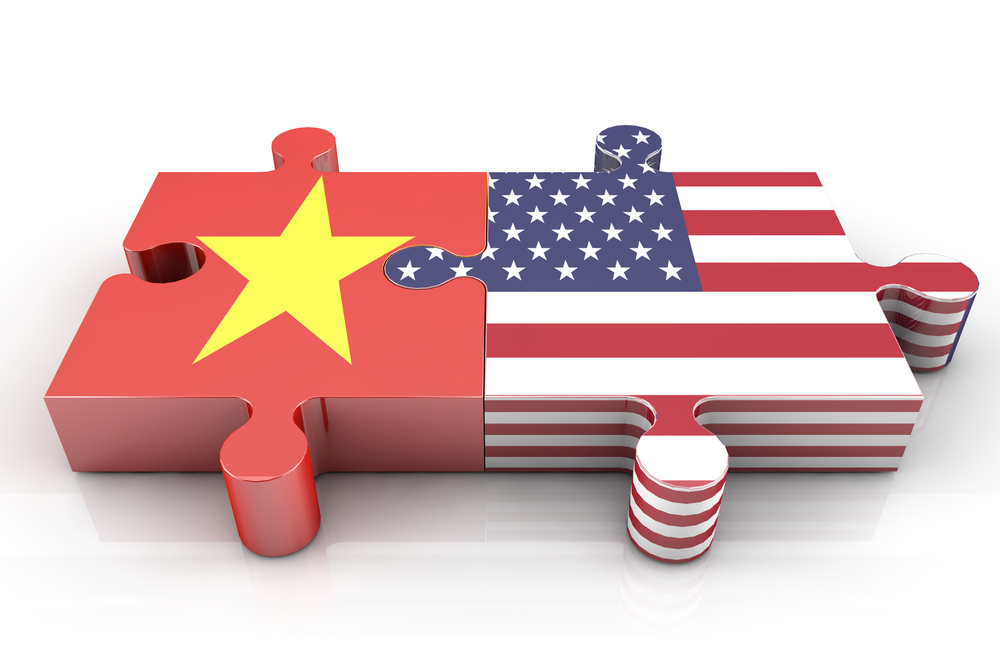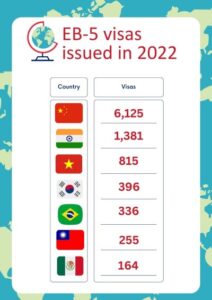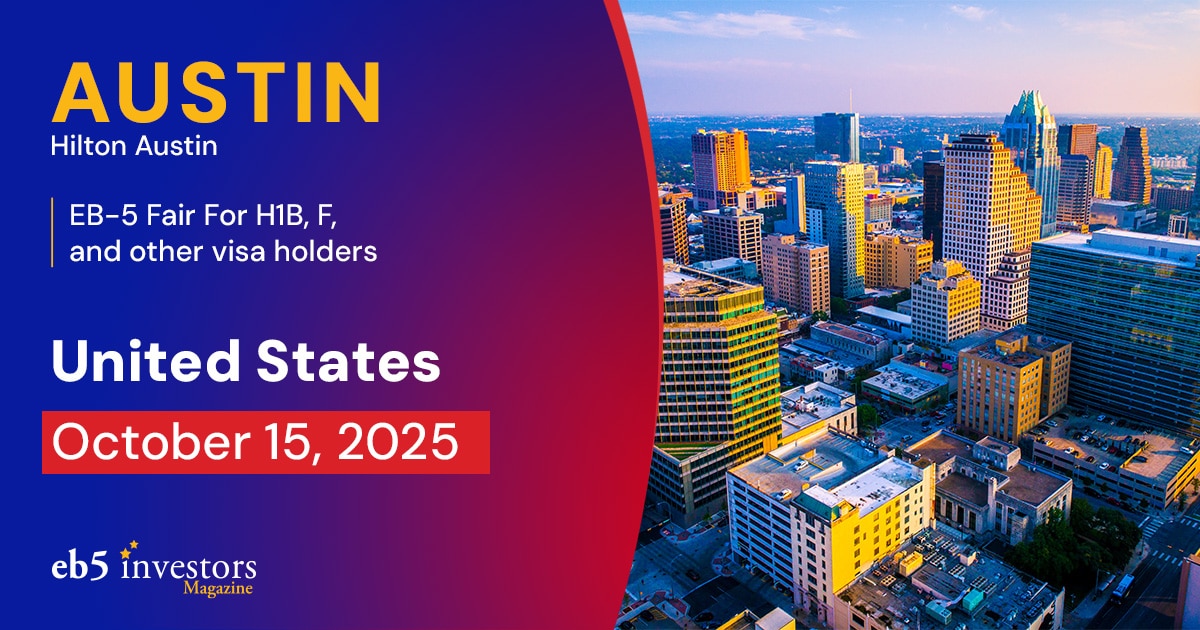
Vietnam is one of the largest sources of EB-5 investor applicants worldwide. The country ranked third in the 2022 fiscal year according to the Report of the Visa Office of the U.S. Department of State, with 815 visas issued to Vietnamese EB-5 investors.
The EB-5 investor program in Vietnam has been popular since 2015. Vietnamese filings increased by more than 127% that year, and three years later, they hit the annual per-country cap of applications, which marked the official emergence of a backlog.
In August 2021, the application backlog for Vietnamese EB-5 investors ended, according to the U.S. visa bulletin. As of January 2024, Vietnam’s final action date is current.

EB-5 visa statistics for Vietnamese nationals
With many unknown factors surrounding the EB-5 industry, uncertainty has been a major concern recently, including investors born in Vietnam.
USCIS implemented a new approach to processing pending EB-5 petitions in 2020. In the past, petitions were processed based on a first-in-first-out approach, translating into longer wait times for many countries.
Why is EB-5 popular in Vietnam?
Vietnam reached 1,059 ultra-high net worth individuals in 2022, ranking second in Southeast Asia after Singapore, according to a report.
Many wealthy Vietnamese seek residency or citizenship in another country to further their freedom of movement worldwide, improve their standard of living, and their families, and ensure the safety of their families.
They also seek the opportunity to travel without the inconvenience of often long processing times of visa applications.
Aside from common advantages such as access to vast financial opportunities, high-quality education, and a well-established justice system, there are other factors that have contributed to the growing popularity of the EB-5 investor program among Vietnamese nationals.
The large and densely populated cities in Vietnam, most notably Ho Chi Minh City, and Hanoi, are the primary EB-5 markets of the nation. Especially with a population of almost 9 million people, Ho Chi Minh City alone makes up about 80% of all Vietnamese EB-5 investors.
However, there are certain reasons for this popularity apart from pure statistics. The heavy migration from Vietnam that started in the late 70s mostly originated from Ho Chi Minh City, formerly Saigon. As a result, many Vietnam-born immigrants in the U.S. today have family and friends residing in Ho Chi Minh City. The popularity of the EB-5 investor program can therefore be attributed to these social bonds, as well.
As for the preferred method of investment, the significantly larger proportion of immigrant investors worldwide choosing the regional center pathway over the standard EB-5 visa also applies to Vietnamese nationals. In FY2021, only 8 out of 731 investors opted for the employment creation category.

The impact of the pandemic for Vietnamese EB-5 applicants
When the U.S. Consulate in China closed all offices due to the COVID-19 pandemic, this was considered a potential advantage for applicants of other nationalities, as unused employment-based visas are traditionally allocated to other countries. However, the new visa-availability approach to processing applications (effective April 2020) posed an additional challenge to petitioners from oversubscribed countries, such as Vietnam.
According to the FY2020 data of the U.S. Department of State, a significant drop was evident in the total number of EB-5 visas (424) issued to Vietnamese nationals.
What is the current retrogression situation for Vietnam?
As of the January 2024 visa bulletin, Vietnam’s final action date is current. Vietnam is out of the backlog.
Source of funds issues for Vietnamese EB-5 investors
In Vietnam, the export of Vietnamese currency is regulated by law. Since this currency restriction poses an obstacle to transferring funds to the U.S. for investment purposes, most Vietnamese petitioners turn to credit institutions. In that case, the investor is requested to provide evidence of each transfer and deposit, as well as proof of path of funds.
There are several common sources of funds for EB-5 investments in general. However, not all of them are easily available to Vietnamese nationals. For instance, it is highly unlikely—because of the tax system—for many employees to use their ordinary income as a source of funds.
Gifts or inheritance are also widely used to make EB-5 investments. In Vietnam, it is not uncommon for family or friends to give property or land to each other as gifts, especially for weddings. In these cases, the investor also needs to prove how the property was acquired by the original owner.
What does the future hold for Vietnamese EB-5 investors?
Since the backlog for Vietnamese EB-5 investors has lifted and the final action date is current, the future is bright for investors from Vietnam.
Interested in applying for the EB-5 visa? Take our free evaluation.






